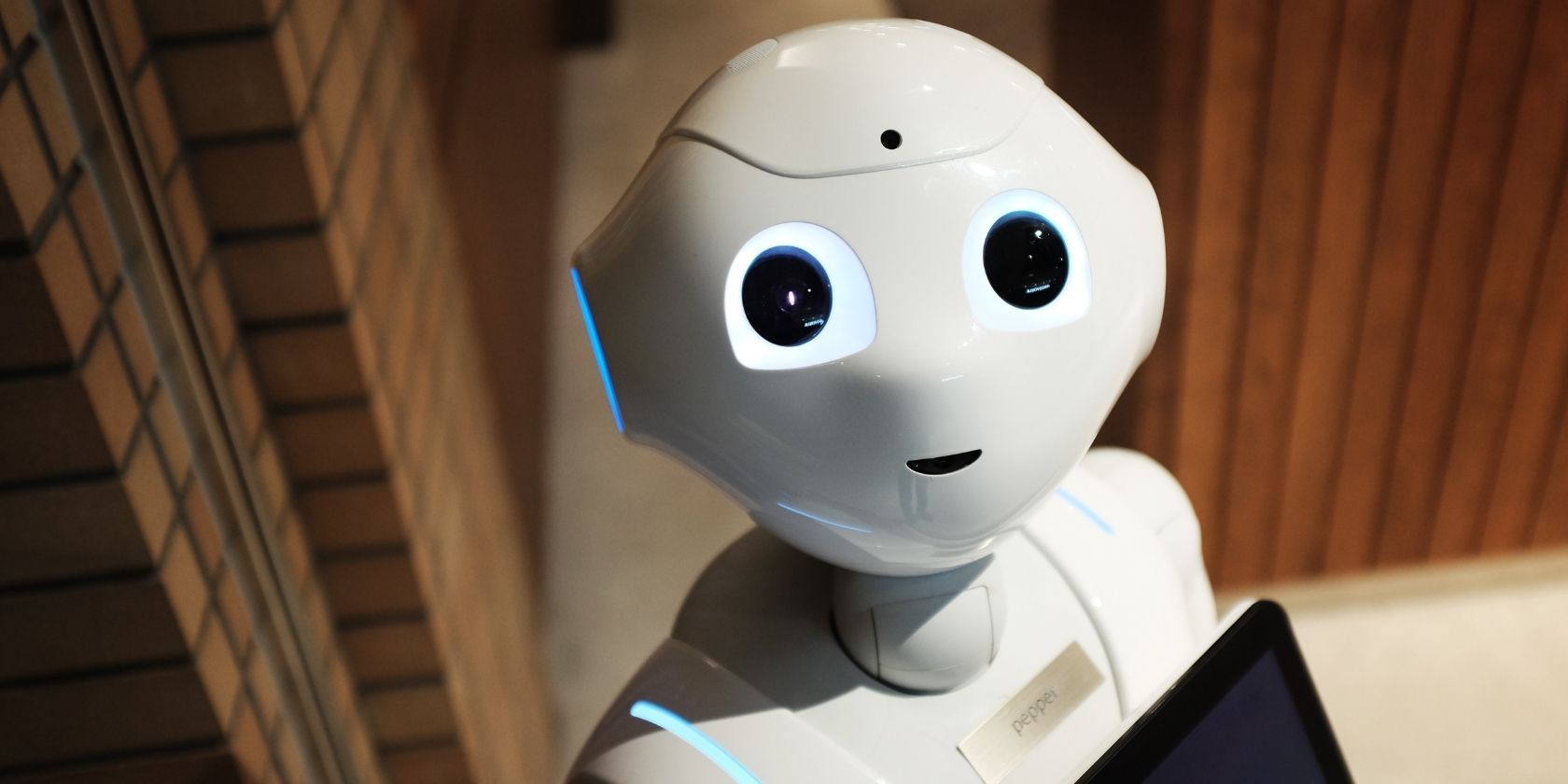Star Trek predicted video calling decades in advance, and it came to pass. The Terminator imagined a world in which robots are way more capable than human beings, so much so that they kill us all and take over the world.
Thankfully, robots cannot match humans in thought or action (or killing us all) yet. They still have some ways to go. However, Dyson is working on it. So, will Dyson succeed in its stated mission to bring household robots that can perform domestic tasks better than humans into every home?
Dyson Wants Robots to Take Over Your Home
Dyson, a company known for its lineup of powerful floor vacuums, air purifying headphones, fans, and dryers, wants robots to do our household chores. The video above shows one of its robots vacuuming an armchair while another handles plates in the kitchen and lifts a teddy bear from the floor.
It is a glimpse of Dyson's vision; by 2030, Dyson robots will run your household while you kick back with a beer or are away from the house. If they can make it work, it is every person's dream. But the question is: can they make it work?
The company is dead serious about this project. To this end, Dyson hired 1,000 engineers, scientists, and coders in 2022. It also expects to add at least 950 robotics specialists within five years, of which 250 have already been recruited.
Will Dyson's Engineers Succeed?
The core challenge facing robotics companies is whether to build a specialized robot (one that is excellent at washing the dishes, for example) or build a multitasking robot (one that can wash dishes, vacuum the floor, open the door for guests, for example).
As The Guardian notes, "robots are widely used in controlled situations such as on factory production lines, but have yet to break into homes in any significant way beyond the niche but growing market for robotic vacuum cleaners."
It is relatively easy to build a specialized domestic robot (for example, robot vacuum cleaners). However, the engineering challenges associated with building a multitasking robot that performs various tasks with human dexterity have not been solved yet despite decades of R&D. This is why we don't have them in homes.
A multitasking robot is the holy grail of robotics. Dyson is very secretive, so it is unclear whether it plans to deploy its engineers toward building a series of specialized robots or an all-rounder robot.
However, based on its teaser video and Dyson's heavy emphasis on machine learning and Artificial Intelligence, we bet that Dyson will build all-rounder robots or robots that successfully perform a limited set of tasks rather than just one.
From a business perspective, all-rounder robots are more cost-effective, as a series of specialized robots would force companies to invest in various production lines.
Secondly, do buyers really want to share their homes with various robots buzzing about the place? Probably not. One or two are enough.
Dyson's Bet Will Likely Pay Off, But Not by 2030
Producing a successful domestic robot is a difficult task. Thus, it is highly likely that 2030 is too soon for Dyson to mass-produce an all-rounder domestic robot successfully.
Dyson's previous efforts at diversification have also been problematic; its air purifying headphones received mixed reviews, with some calling them dystopian; and the company abandoned its electric car project in 2019.
However, we are not taking Dyson for granted—its heavy investment in recruiting engineers is noteworthy. Although we think Dyson will not flood our homes with robots by 2030, its first working prototype should certainly be out by then.


